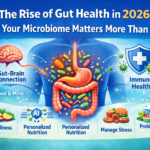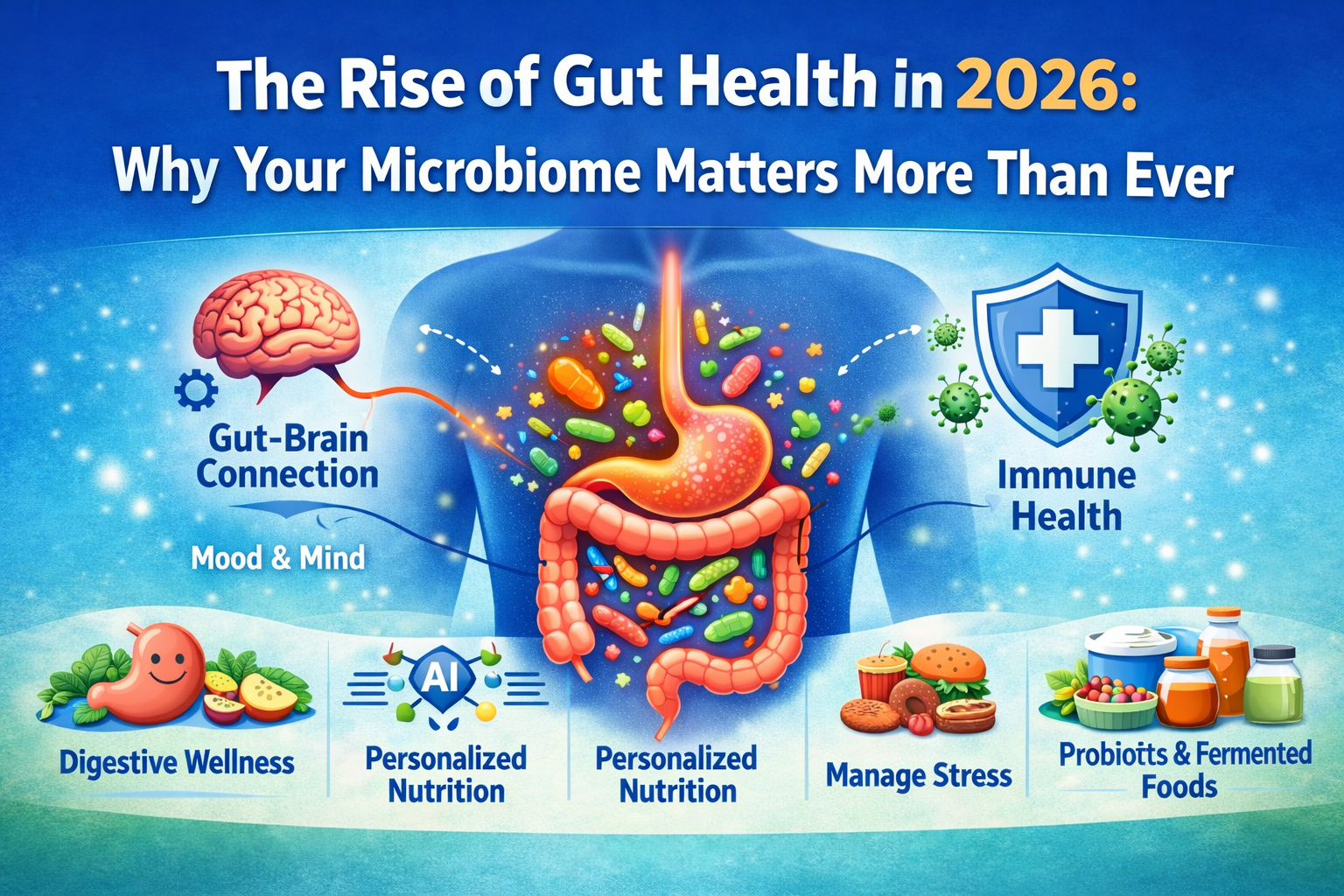The food that we eat can basically be characterized into six main nutrient groups: carbohydrates, proteins, fats, vitamins, minerals, and fiber. These are important for lose weight.
A healthy meal should consist of all of the above nutrients in recommended proportions. Out of these six, carbohydrates are the main energy-giving source to the body.
Carbohydrates are found in most grains, fruits and vegetables in the form of simple sugars and starches. Our body breaks down the carbohydrates into glucose which releases energy that we need in order to survive.
Carbohydrates are the major macronutrients which cannot be produced by our body on its own. Therefore, it is important to provide it from outside.
It is a common misconception to think that eliminating carbohydrates will make you lose weight and hence low-carb diets are a fad nowadays. An average human needs 130 grams of carbohydrates on a daily basis.
When your body is starved off carbohydrates, you may suffer from fatigue, constipation or even kidney damage. Low-carb diets are usually high in protein and excess protein leads to kidney damage.
The idea is not to eliminate carbs from your diet, but reducing the intake of bad carbs. Good carbs are complex carbohydrates that have low glycemic index i.e, they take time to break down.
Also Read: How to Lose 20 Pounds in 2 Weeks With This Diet
Bad carbs are simple carbohydrates that have a high glycemic index, which means they break down quickly and spike our blood sugar levels increasing the risk of diabetes and heart disease.
Therefore, foods rich in bad carbs should be avoided for a healthy diet.
Here are a few ways in which you can avoid bad carbs in your diet and stay fit and lose weight:
1. Avoid Chips & Fast Foods
Chips and Fast foods like pizzas and burgers contain white bread made of refined floor. Refined flours are considered as bad carbs as they break down quickly and increase the blood sugar. Substituting white with whole wheat bread will be a healthy alternative.
2. Avoid Soda And Other Sweetened Beverages
Sodas and other sweetened beverages contain high amount of simple sugar. They not only increase your calorie intake, but the more sugar you consume, the more your body craves for it. It is a vicious cycle. In the end, excess sugar turns into fat in the liver and can over time cause non-alcoholic fatty liver disease.
3. Include Nuts In Your Diet
Nuts are considered as the power house of health as they contain mono unsaturated fats, vitamin E, folic acid, copper, protein and fibre. They also raise the levels of ‘good’ cholesterol in the body and reduce ‘bad’ cholesterol. This reduces the occurrence of any heart disease. Add these to your diet and reduce the intake of carbs.
4. Add Protein In Breakfast
Instead of going for an all-carbs diet, go for a breakfast rich in protein. This will minimize your carb intake. Eggs are an essential source of protein. Having them for breakfast will control your appetite and reduce your hunger pangs, which may in turn lead to binge eating.
5. Add Lots Of Green Leafy Vegetables
Green leafy vegetables are rich in vitamins and minerals. They also contain good amount of fibres which will keep you full for long and prevent unhealthy intake of carb-rich foods. They reduce cholesterol levels in the body.
6. Include Healthy Fats
Fats are important macro nutrients required by our body. Adequate amounts of healthy fats provide a host of health benefits. A diet rich in unsaturated fatty acids will reduce the risk of strokes.
Studies have found that replacing bad carbs with mono-unsaturated fatty acids increases the good cholesterol in our body and reduces the bad cholesterol.











